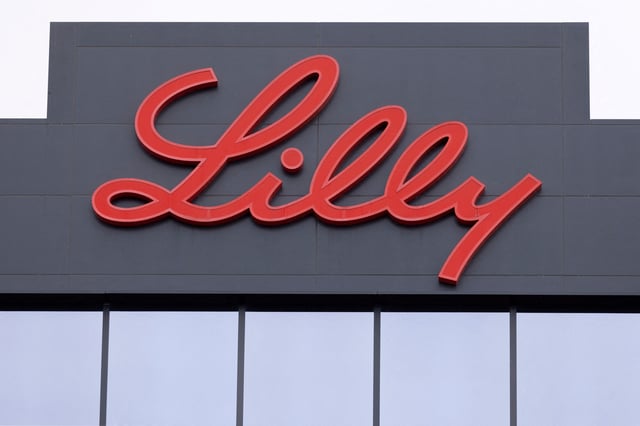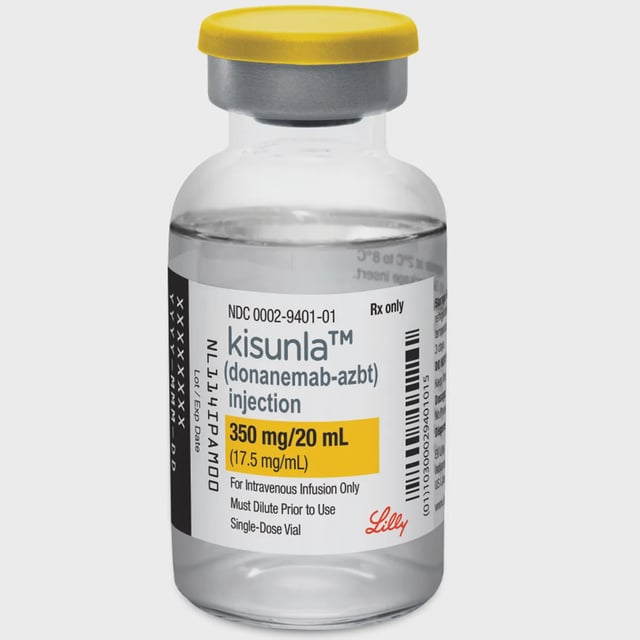Overview
- The EMA’s CHMP reversed its March rejection and recommended marketing authorization of Kisunla for early-stage Alzheimer’s patients with zero or one copy of the ApoE4 gene.
- Use of Kisunla must follow a controlled access program with physicians trained to detect and manage amyloid-related imaging abnormalities, including a lower starting dose and stricter stopping rules.
- Patients carrying no or a single ApoE4 allele are considered less likely to face serious side effects such as brain swelling and bleeding.
- If the European Commission approves the recommendation, Kisunla would become Europe’s second amyloid-targeting, disease-modifying therapy after Biogen/Eisai’s Leqembi, joining more than 13 countries that have already authorized the drug.
- The European Commission’s binding decision on Kisunla is expected in the coming months and will determine its availability across the EU.

